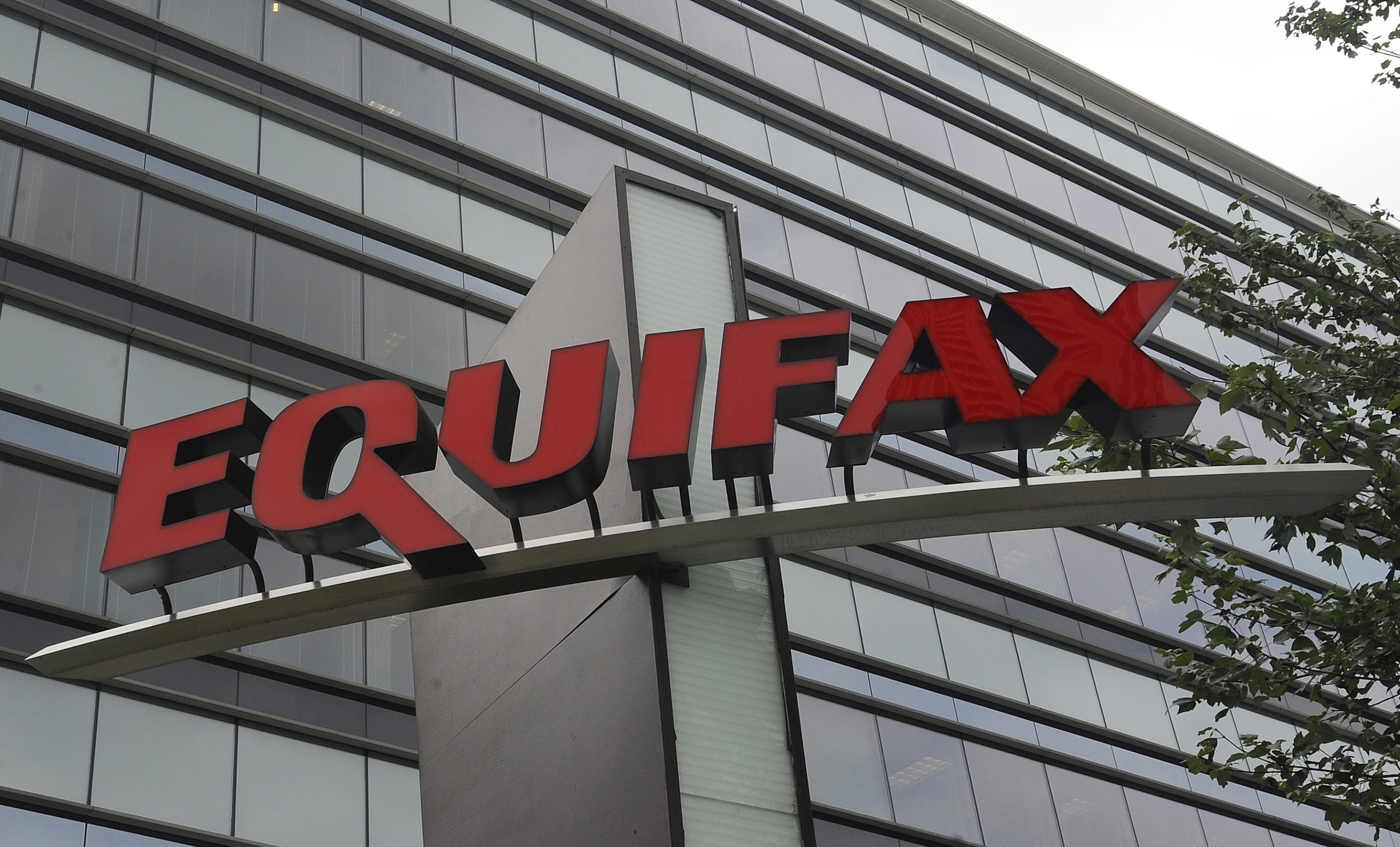On July 1, the three major credit reporting companies—Equifax, Experian, and TransUnion—stopped counting paid medical debt. Nearly one in 10 adults, or 23 million people, owe significant medical debt.
The credit companies will also give individuals a year to resolve debt that has been sent to collections, which will clear about 70% of the medical debt listed on consumer credit reports.
Black people are far more likely than people of other racial and ethnic groups to report significant medical debt. 16% of the Black community report having significant medical debt compared to 9% of white Americans and 4% of Asian Americans. Women are also more likely to report having medical debt than men. Some of this experience is related to childbirth expenses.
According to the Consumer Financial Protection Bureau, about $88 billion in medical debt appeared on consumer credit reports as of June 2021.
Click ▶️ to listen to Jamie Jackson’s report:




